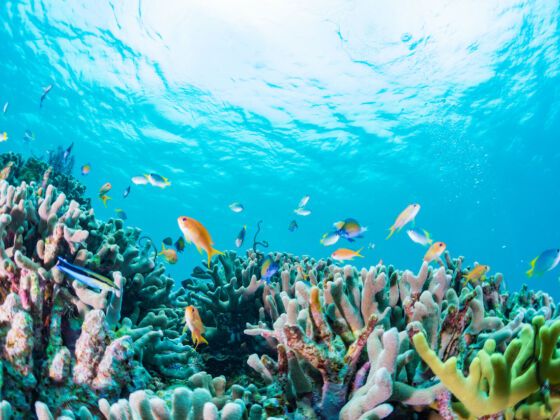The Great Barrier Reef, one of Earth’s most vital habitats, has lost half its coral thanks to climate change. The ARC Center of Excellence for Coral Control (CoralCoE) conducted a long-term study (from 1995 to 2017) that showed the reef’s small, medium, and large coral populations have all declined in the past three decades.
According to Professor Terry Huges of CoralCoE, coral bleaching has become a major issue. Bleaching — the expulsion of algae in their tissue, causing vulnerability — occurs when corals are stressed due to changes in light, temperature, and nutrients. “We found the number of small, medium and large corals has declined by more than 50 percent since the 1990s,” Hughes said. “The decline occurred in both shallow and deeper water, and across virtually all species — but especially in branching and table-shaped corals. These were the worst affected by record-breaking temperatures that triggered mass bleaching in 2016 and 2017.”
